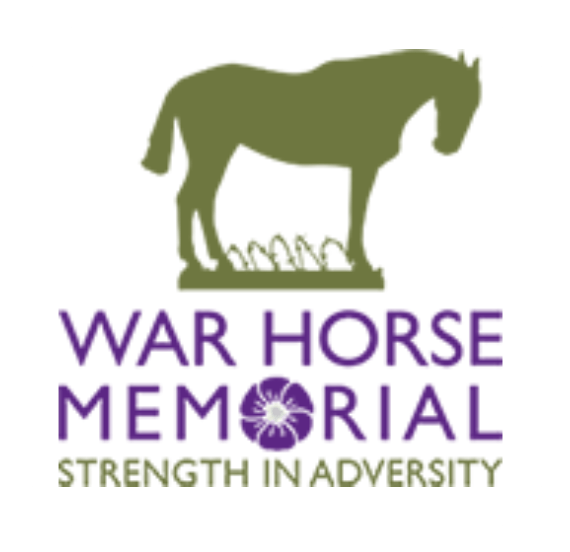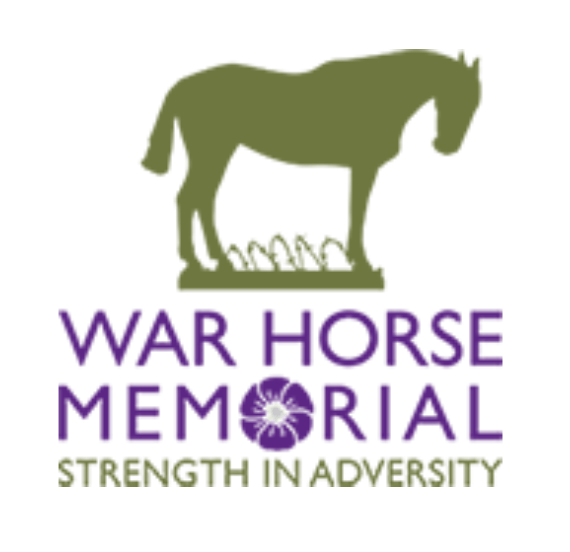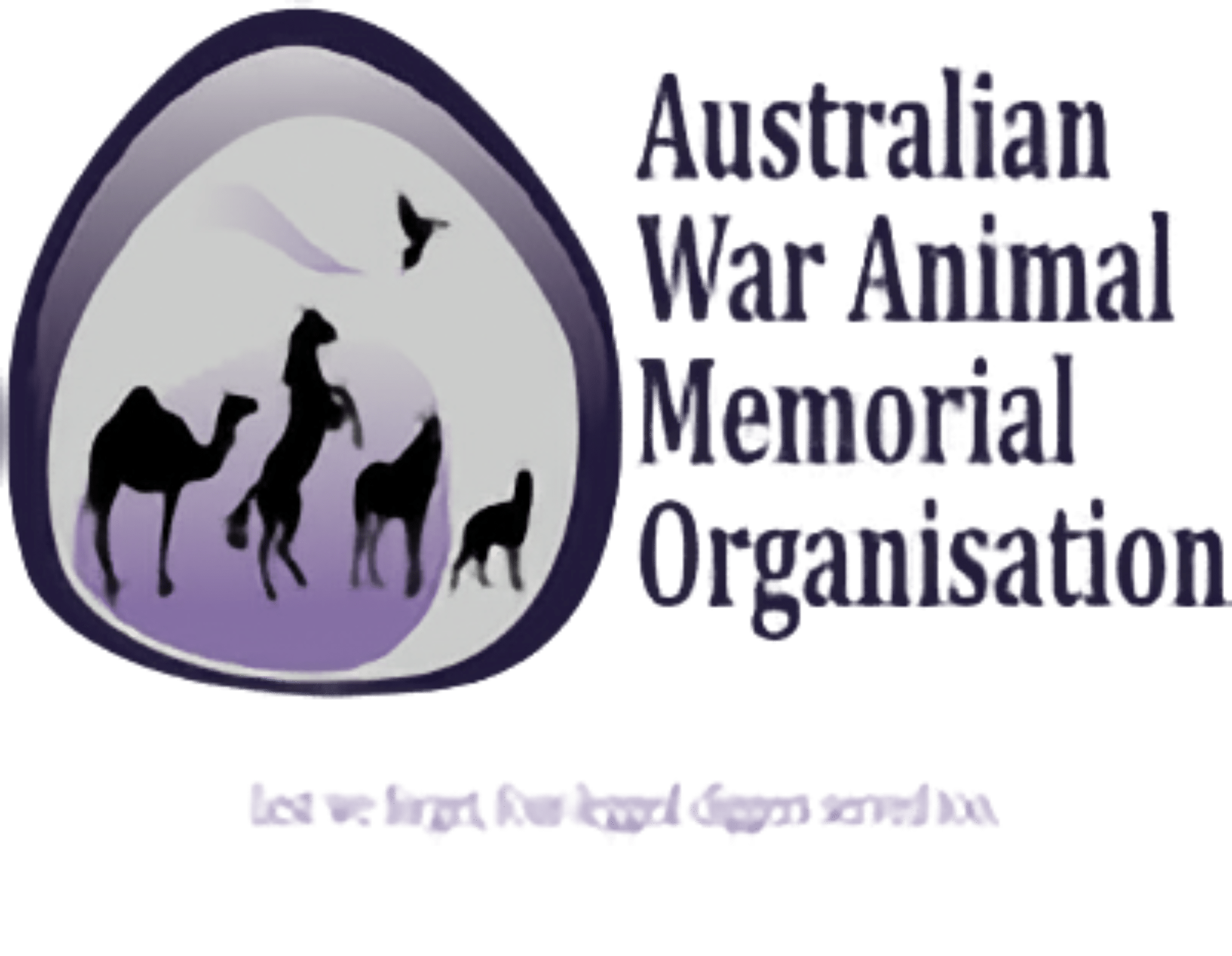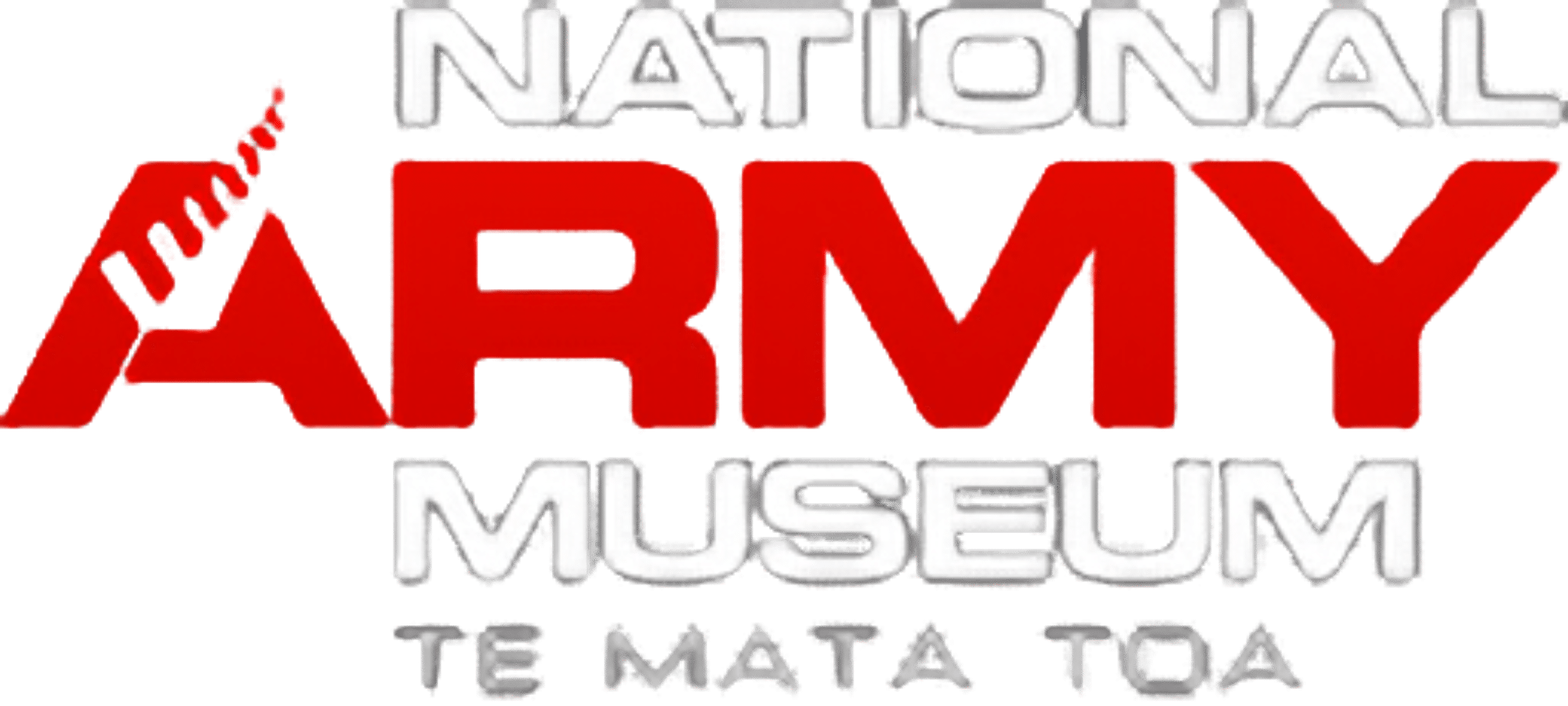War Horse Memorial launches 2024 Animal Purple Poppy Fund in collaboration with global project to honour animals’ service in conflict
And we’re joining 80th D-Day beacon commemoration
This year promises to be a highlight for The War Horse Memorial and The Animal Purple Poppy Fund. For 2024 we are proud to announce two important collaborations.
The first, with colleagues in Australia, New Zealand, America and Canada, is a new global event: International War Animal Day on February 24. It will also be launch day for our 2024 Animal Purple Poppy Fund. The second, in conjunction with the D-Day80 Beacons, is to acknowledge the part that dogs and pigeons particularly played in the Normandy and the
D-Day landings of June 6, 1944.
International War Animal Day will recognise the service and sacrifice of animals in war. Already officially recognised in Australia, we here in the UK are joining forces with America and Canada to make an important statement. We have written to HM King Charles lll and the Prime Minister to explain why we believe this recognition is long overdue.
Throughout history animals have accompanied men into combat as modes of transport and communication, protectors and companions. They have fulfilled a variety of roles. From carrying men and munitions, to evacuating the wounded, performing guard, sentry duties and search and rescue operations, detecting gas in trenches and locating improvised explosive devices (IEDs) in Afghanistan. Even now in Ukraine, dogs are sniffing out mines at great cost to their lives in order to save human life.
History tells us that the first animals used in war were as fighters or mounts. Around 2500BCE Sumerians used hybrid donkeys to pull war chariots. Dogs were used by the ancient Greeks for war purposes and they were undoubtedly used much earlier in history. Even Ramses II had a pet lion which fought with him during the Battle of Kadesh.
Click images above for more information on these organisations
in World War One about eight million horses died from all sides. Donkeys and mules were often used to pull heavy equipment, including artillery. Elephants were taken from circuses and zoos to pull heavy guns. Dogs were some of the hardest and most trusted workers in this conflict. They stayed with one soldier or guard and were taught to give a warning sound, such as growling or barking, when they sensed a stranger in the area or close to camp.
Dogs carried medical equipment so an injured soldier could treat himself. They would also stay beside a dying soldier to keep him company. Dogs also helped to get messages across the front line from one base to another. Sadly more than a million dogs lost their lives. More than 100,000 carrier pigeons were also used to transfer messages from one military base to another and many suffered terrible injuries. Cats were employed to kill rat infestations which spread disease in the trenches.
By creating annually a special day– February 24 – and by wearing our Animal Purple Poppy Fund emblem, we will acknowledge how much we owe our four-legged and feathered friends a debt of gratitude.
To be invited to be part of the historic D-Day80 Beacons commemorations on June 6 this year is a great honour. Pageantmaster Bruno Peek CVO OBE OPR, masterminding the project, wanted to acknowledge the role animals played, particularly dogs and pigeons.
Allied forces mounted the largest amphibious invasion the world has ever witnessed, but dogs were parachuted into France beforehand to help detect mines which needed to be cleared ahead of Operation Overlord. About 4,000 ships and landing craft set down about 132,500 troops on five Normandy beaches in an action that would bring about the liberation of north-west Europe from Nazi occupation.
Prime Ministers of the UK and Canada, Rishi Sunak and Justin Trudeau, have declared their support. Visit www.d-day80beacons.co.uk to learn more. Many organisations are involved and more are signing up every week in what is a huge event of significant national importance.
On behalf of those many brave animals who served in a vital support role, The War Horse Memorial is proud to be a part of it.
Susan Osborne, The War Horse Memorial’s co-founder, urges support for the ‘Lamp Light of Piece’. Details are on the D-Day80 Beacons website.









